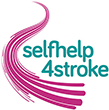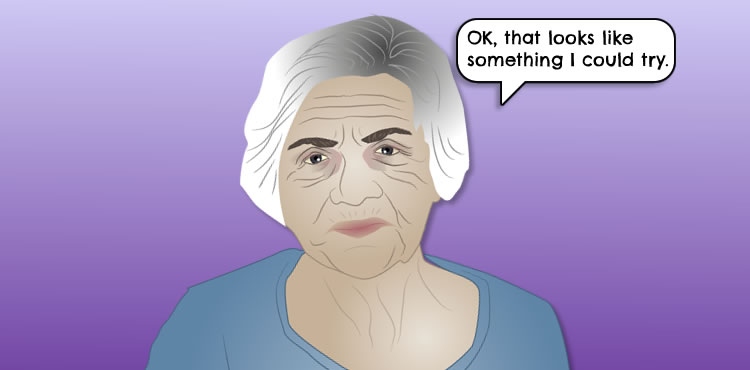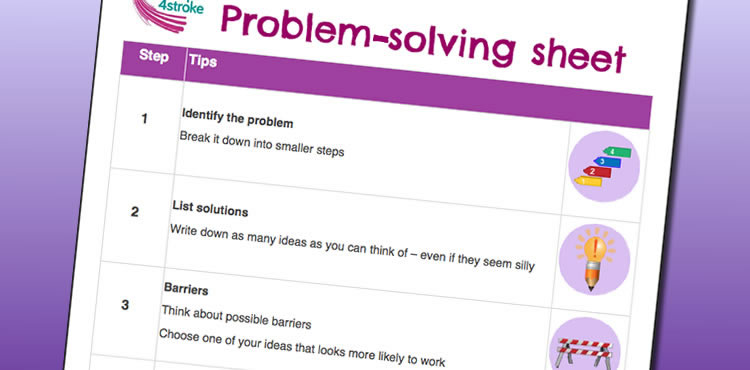View text alternative
Scene 1
- Jane: Hello Deirdre, how are you?
- Deirdre: Awful Jane, truth be told. I’m just not coping……I’m tired all the time. I was in the park Sunday with my grandaughter and I couldn’t keep up. Same at home: dirty dishes and ironing piling up.
- Key point: Tiredness (Post-stroke fatigue) is one of the most common symptoms of stroke
Scene 2
- Jane: That sounds hard. But then stroke recovery is difficult, especially tiredness. Remember setbacks are normal, part of recovery. I’ve learned to expect them. I see them as a chance to practise new ways to cope
- Deirdre: What do you mean Jane?
- Key point: Setbacks are a normal part of life
Scene 3
- Jane: I used to get exhausted and it got me down. But then I started to pace myself. Taking things easier, pressure off. Conserving energy for the important things, one at a time. And ask for help when I needed it. It really helped. You should try it.
- Deirdre: Suppose so. But isn’t that like giving up though? I’ve always kept busy.
- Key point: By pacing yourself, fatigue becomes more manageable, no longer a setback
Scene 4
- Jane: You can still be busy. Look, this is my diary. Each day separated into morning, afternoon, evening. I plan activities I want to do, but also keep time free to relax (Close up of Jane’s illustrative daily diary.
- Key point: Careful planning of each day is useful if you feel fatigued or overwhelmed
Scene 5.
- Deirdre: OK, that looks like something I could try.
Scene 6
- Jane: And when a set back arises, say I’m snowed under by housework, I sit down with pen and paper and problem-solve, working out a solution: what I plan to do, how I can get there, breaking down the problem into small, manageable parts. It really works. You could try it!
- Deirdre: I guess I could. Let me write that down now. Problem-solve…….plan step-by-step solution….
- Key point:By using problem-solving, setbacks become an opportunity to learn new ways to cope
Scene 7.










